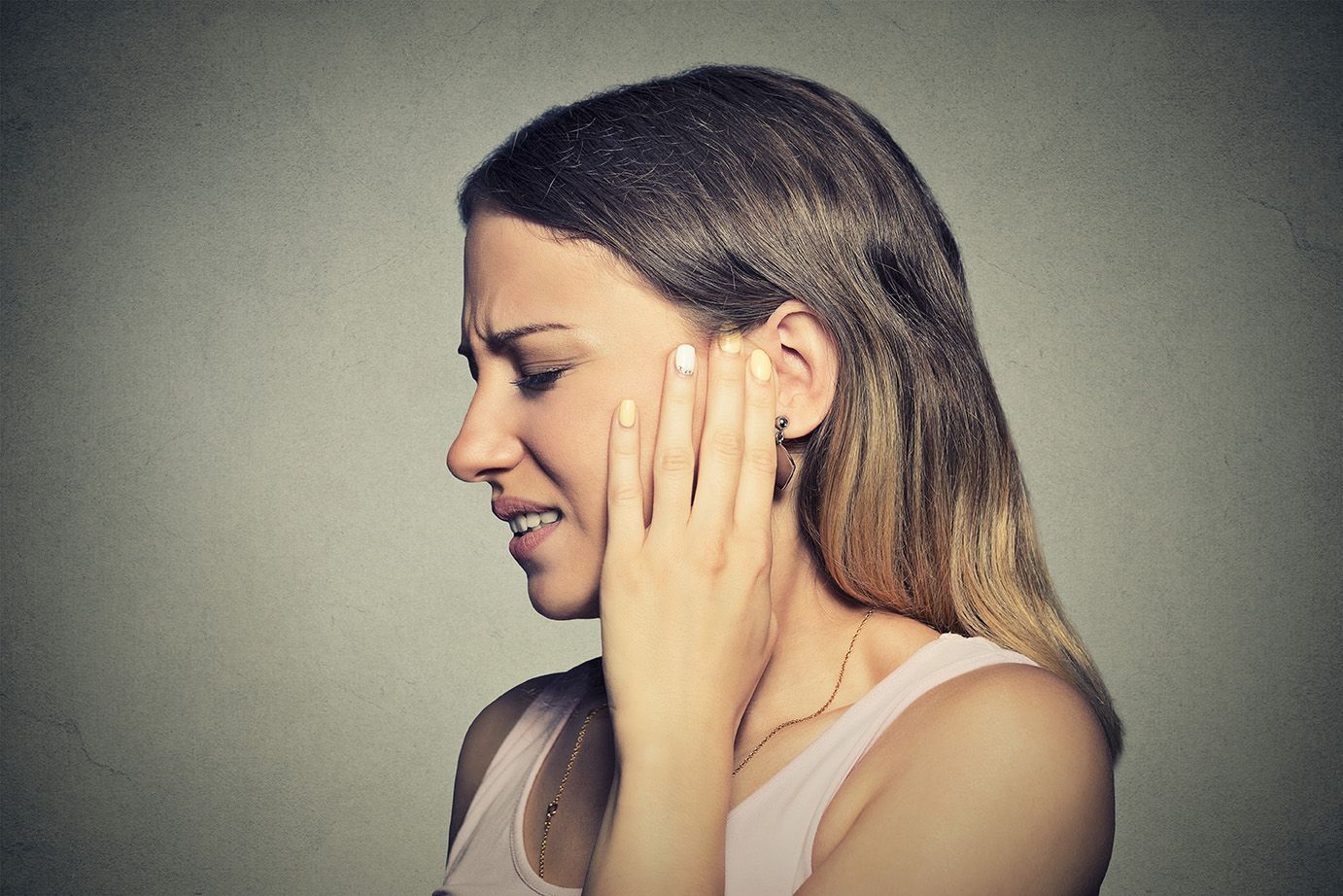Five Symptoms of TMJ Disorders
 Does your jaw constantly hurt or ache? Jaw pain is especially frustrating if you don’t know how to relieve discomfort. To effectively relieve jaw pain, you must first know the cause. A misaligned or aggravated TMJ (temporomandibular joint) can cause pain in the jaw, cheeks, and head; the discomfort can even extend all the way to the neck and shoulder.
Does your jaw constantly hurt or ache? Jaw pain is especially frustrating if you don’t know how to relieve discomfort. To effectively relieve jaw pain, you must first know the cause. A misaligned or aggravated TMJ (temporomandibular joint) can cause pain in the jaw, cheeks, and head; the discomfort can even extend all the way to the neck and shoulder.
At Artistic Expressions Dentistry, Dr. Bruce Wilderman offers conservative TMJ disorder treatment for patients in Philadelphia, PA, Bucks County, PA, and Doylestown, PA. When TMJ disorder (TMD) is left untreated, it can degrade quality of life and may result in tooth wear, discomfort, and other TMJ symptoms.
Do you suspect that your pain may stem from a TMJ disorder? If you have any of these symptoms, it’s time to consult Dr. WIlderman.
1. Jaw Popping, Clicking, or Locking
The most prevalent symptom of TMD is a popping or locking jaw. If there is no discomfort associated with the sound, jaw popping is generally not a cause of concern. However, certain underlying medical conditions can cause clicking. These include:
- Arthritis
- Malocclusion
- Inflammation
- Bruxism
- Misalignment
2. Discomfort
TMD causes tension headaches and back pain. Unfortunately, TMD-related discomfort does not stop in the jaw and face. The effects can cause strain throughout the body, including in the:
- Neck
- Head
- Shoulders
3. Ear Issues
Did you know that not all ear pain is related to infection? TMJ disorders can cause earaches. Because the TMJ is located near the auditory canal, inflammation and discomfort can also affect the ear.
In addition to earaches, TMD can also trigger tinnitus and vertigo. Tinnitus, or ringing in the ears, can interfere with hearing. Medical professionals characterize vertigo as an uncomfortable whirling sensation or dizziness. The link between vertigo and TMD is not fully understood yet. Nonetheless, the widespread belief is that the parts of the inner ear and nervous system that help control balance and eye movement may be connected with TMD-related dizziness.
4. Tingling Extremities
Numbness in the arms, hands, and fingers can be a surprising symptom of TMD. The trigeminal nerve is the most prominent and intricate cranial nerve. It is responsible for chewing and supplies sensations to structures in the head.
When the TMJ applies pressure on the nearby trigeminal nerve, it can lead to facial spasms and headaches.
5. Chronic Headaches or Migraines
TMD headaches and migraines are frequent and often accompanied by tenderness in the jaw. These headaches are not always responsive to medication. The American Migraine Association notes that certain orofacial conditions (including TMD) can intensify migraines and may be mistaken for dental pain.
Find TMJ Pain Relief
How can you tell if you have a misaligned or irritated temporomandibular joint? Sometimes, identifying the exact causes of TMJ disorders can be tricky because the manifestations vary from person to person. TMJ pain can feel unbearable, but self-medication is dangerous. Professional diagnosis and treatment are the safest way to deal with TMJ problems.
Waiting too long for medical intervention may cause TMJ symptoms to worsen and result in the need for more intensive treatments, such as medication or surgery. Schedule an appointment with Dr. Wilderman by calling (215) 340-1199 or messaging us online.



